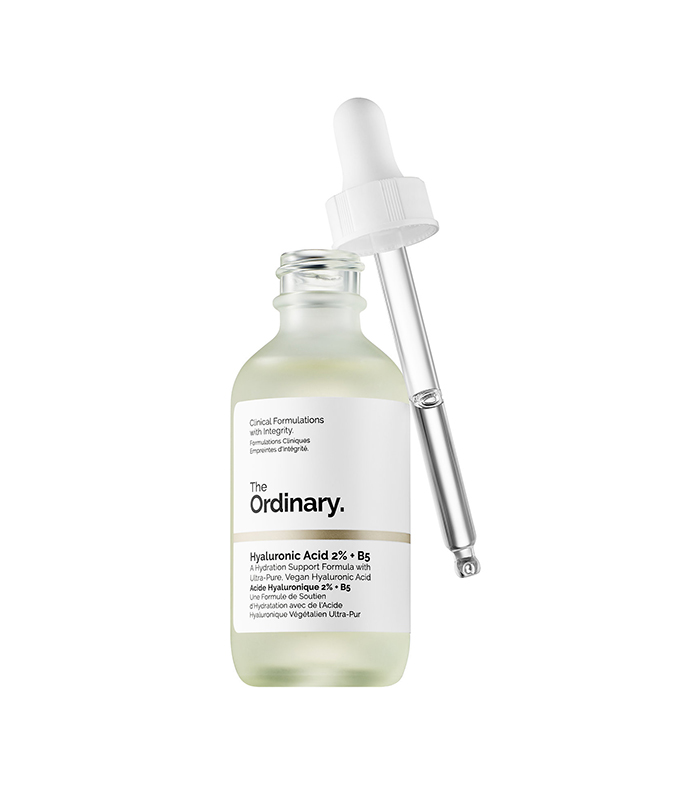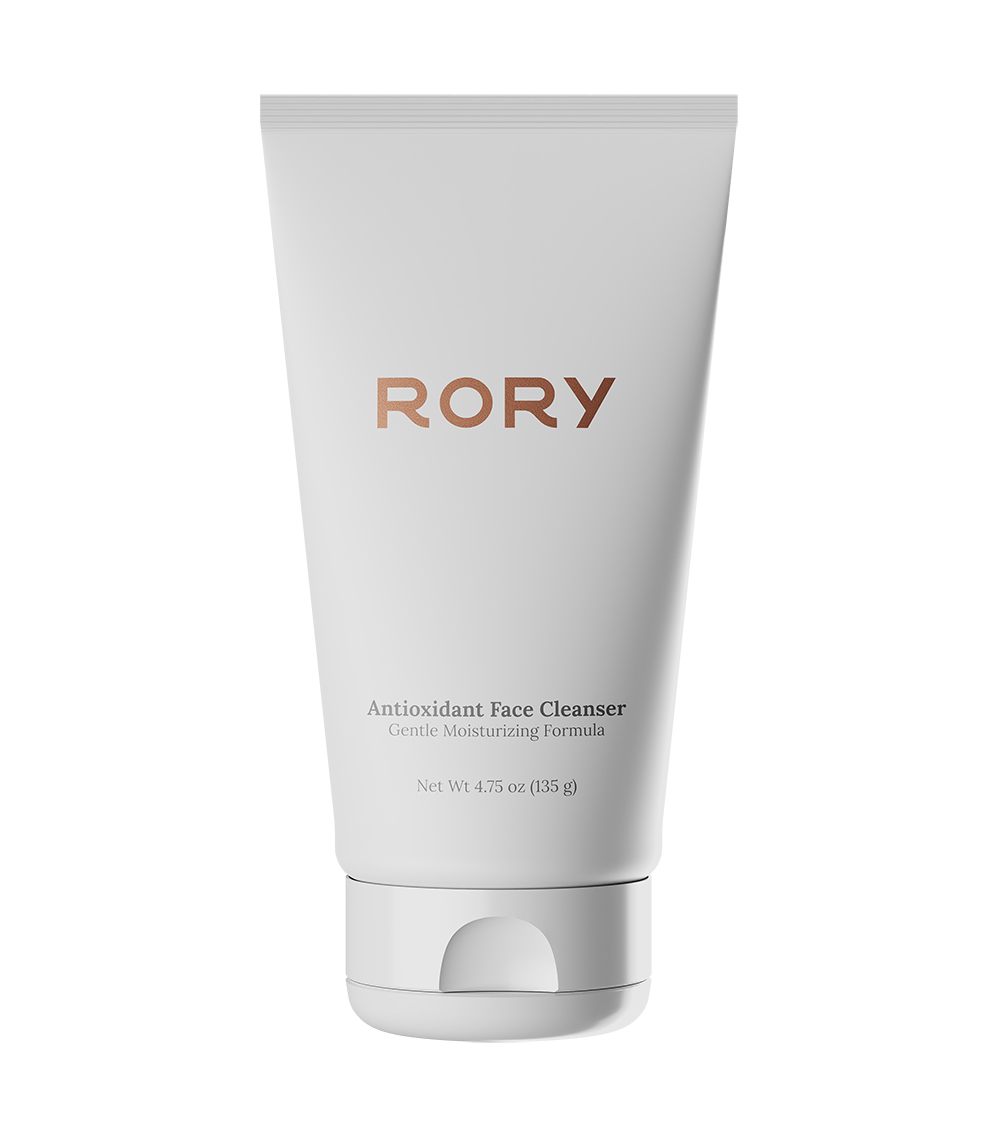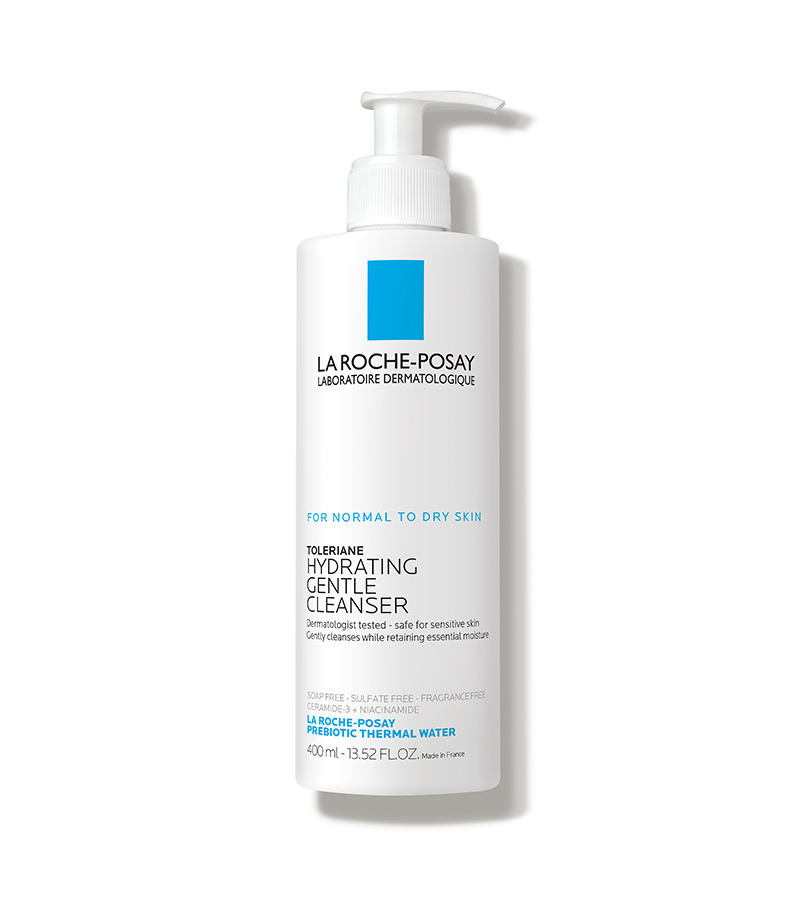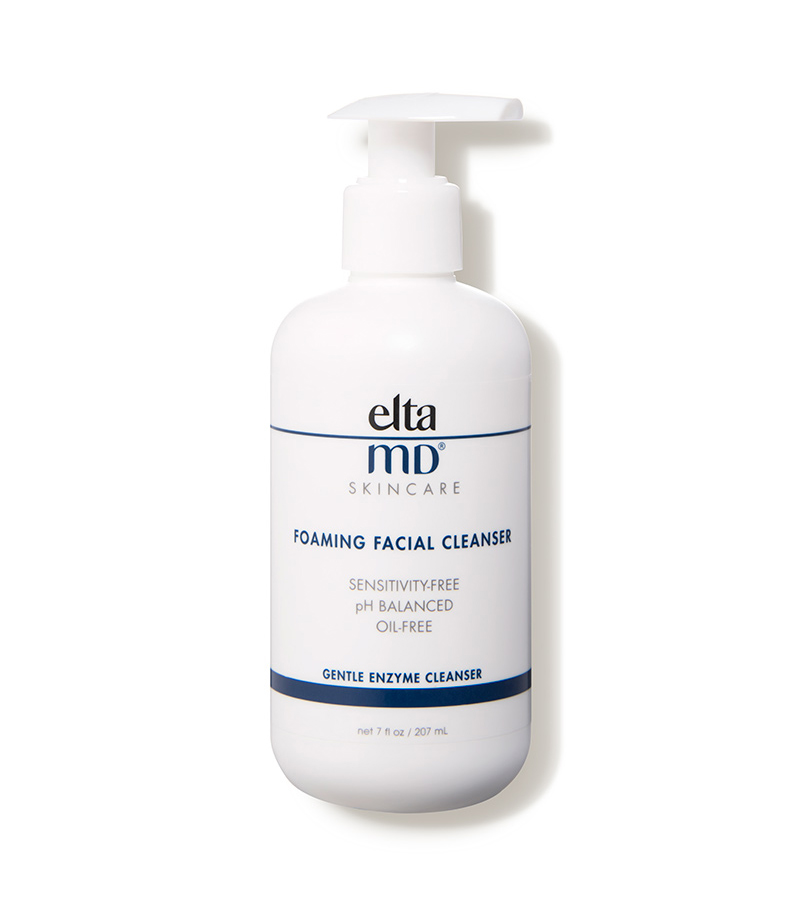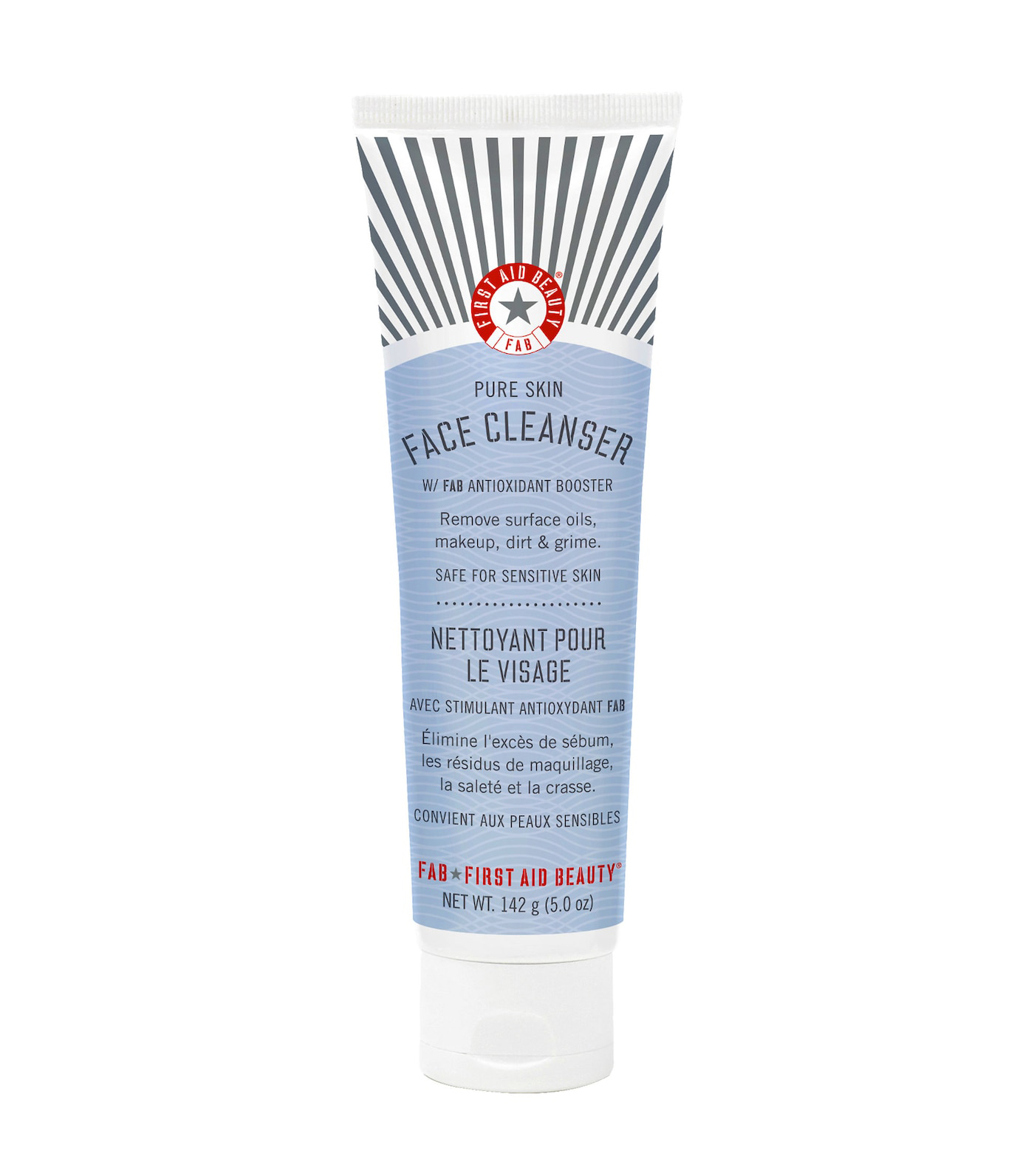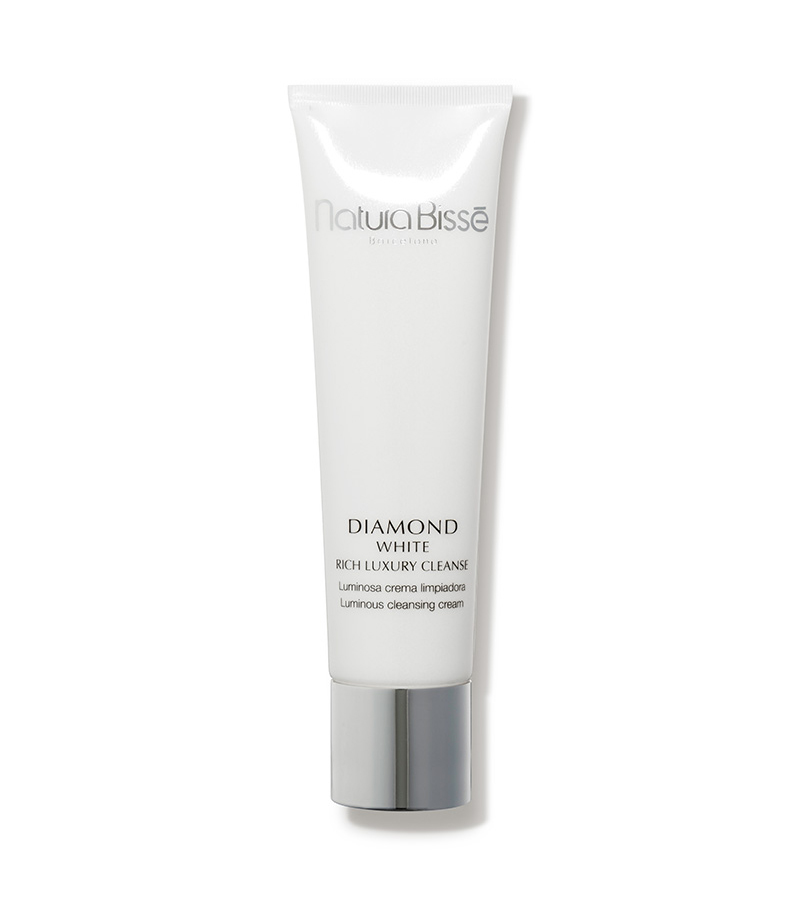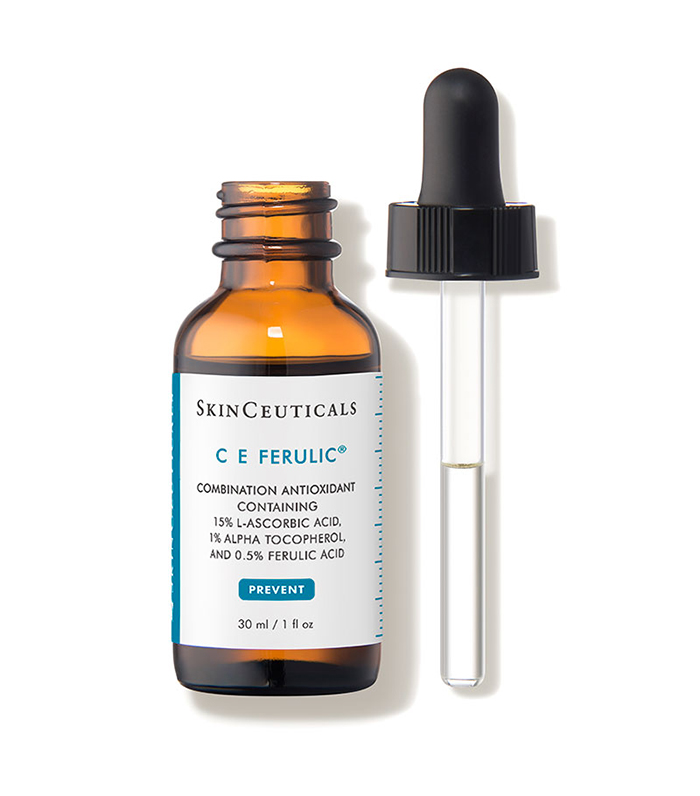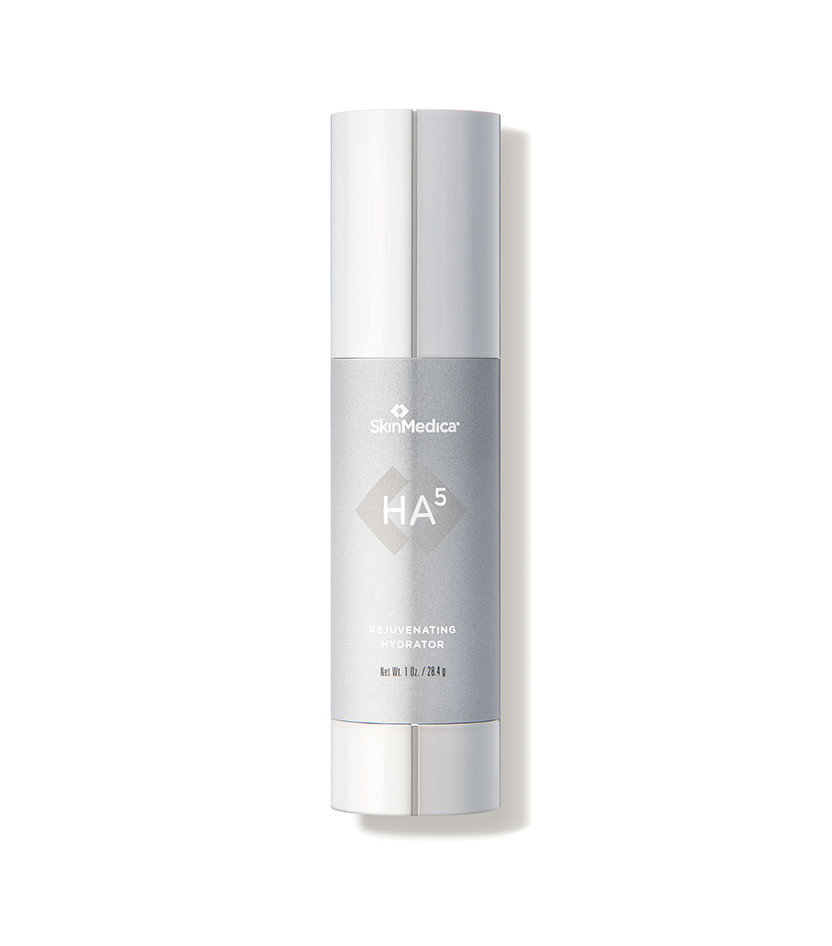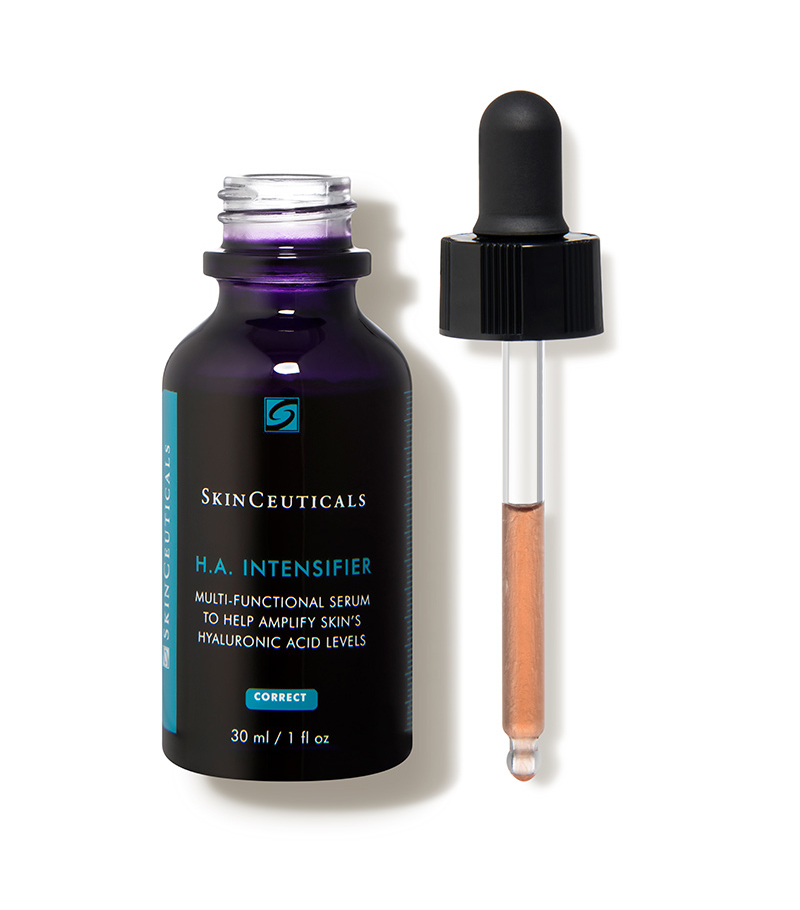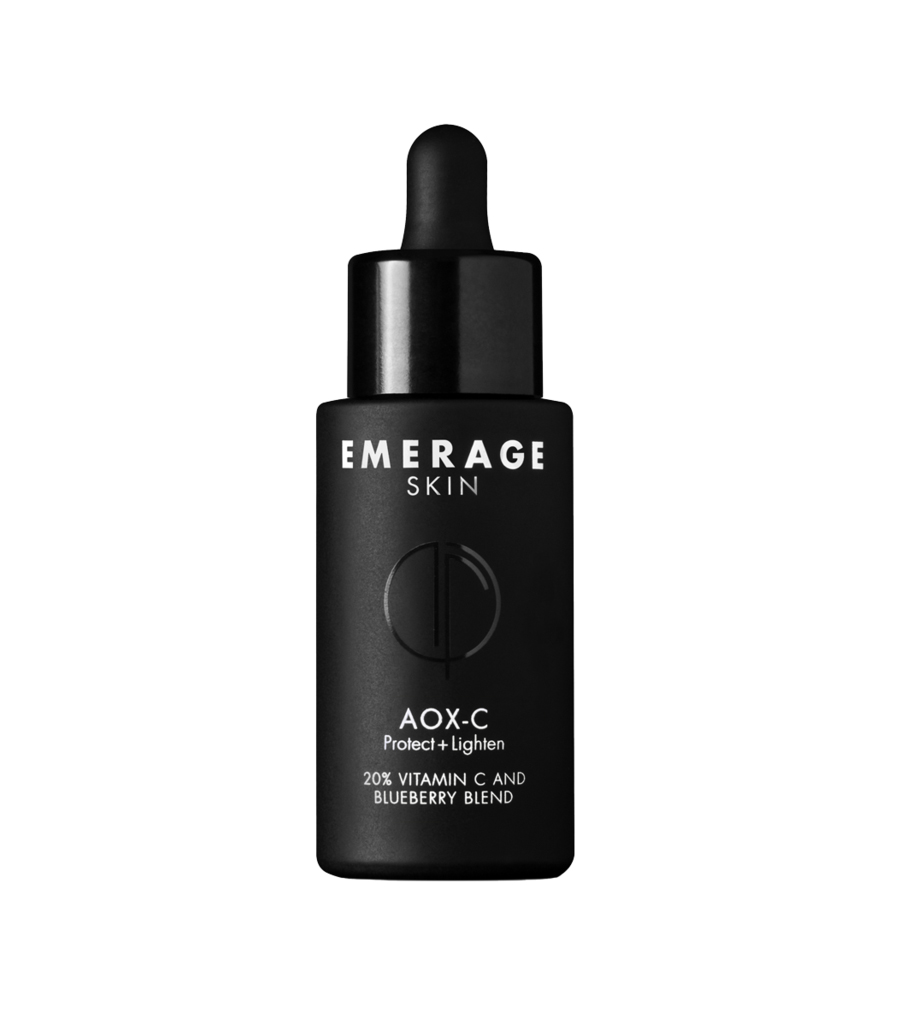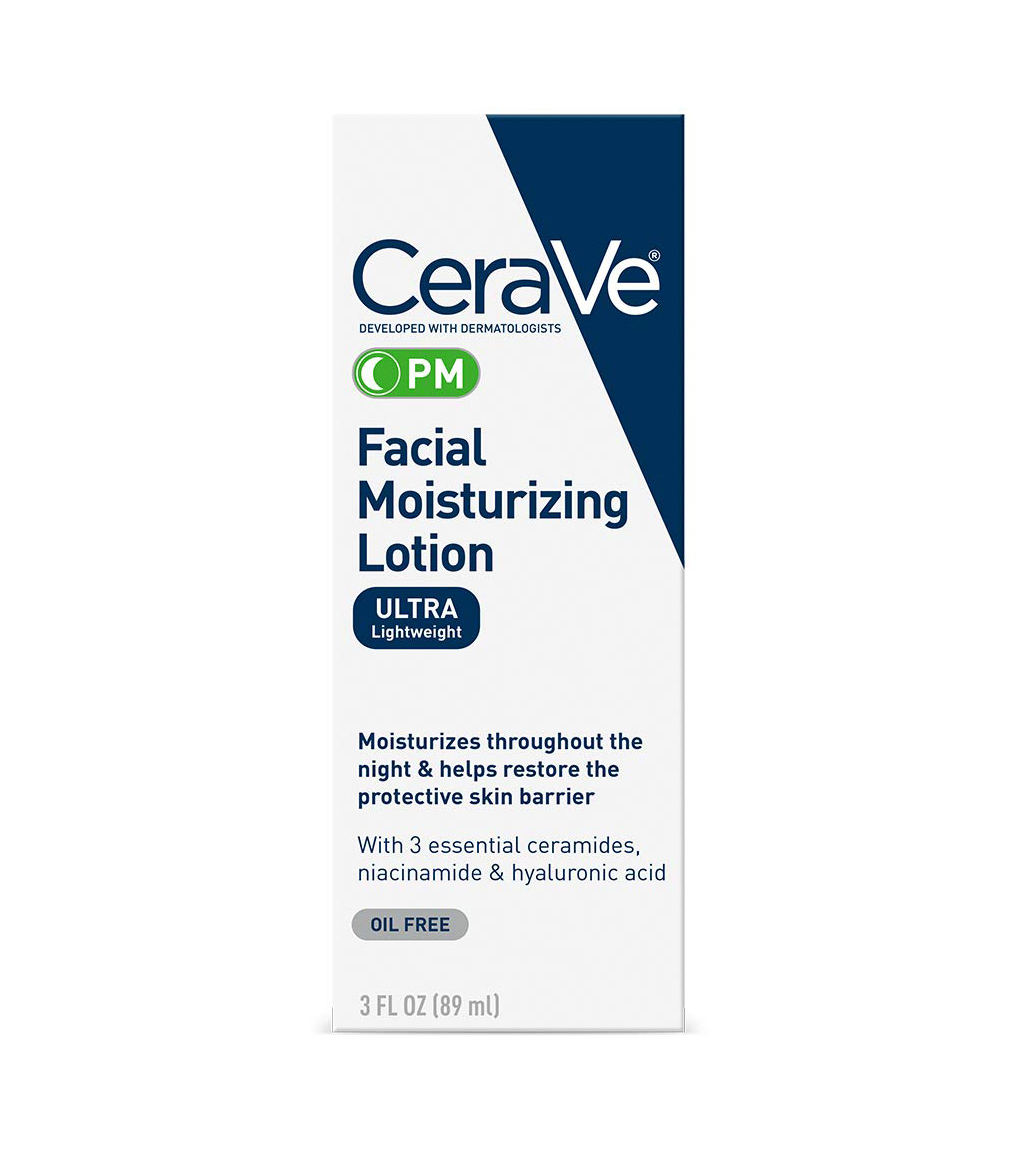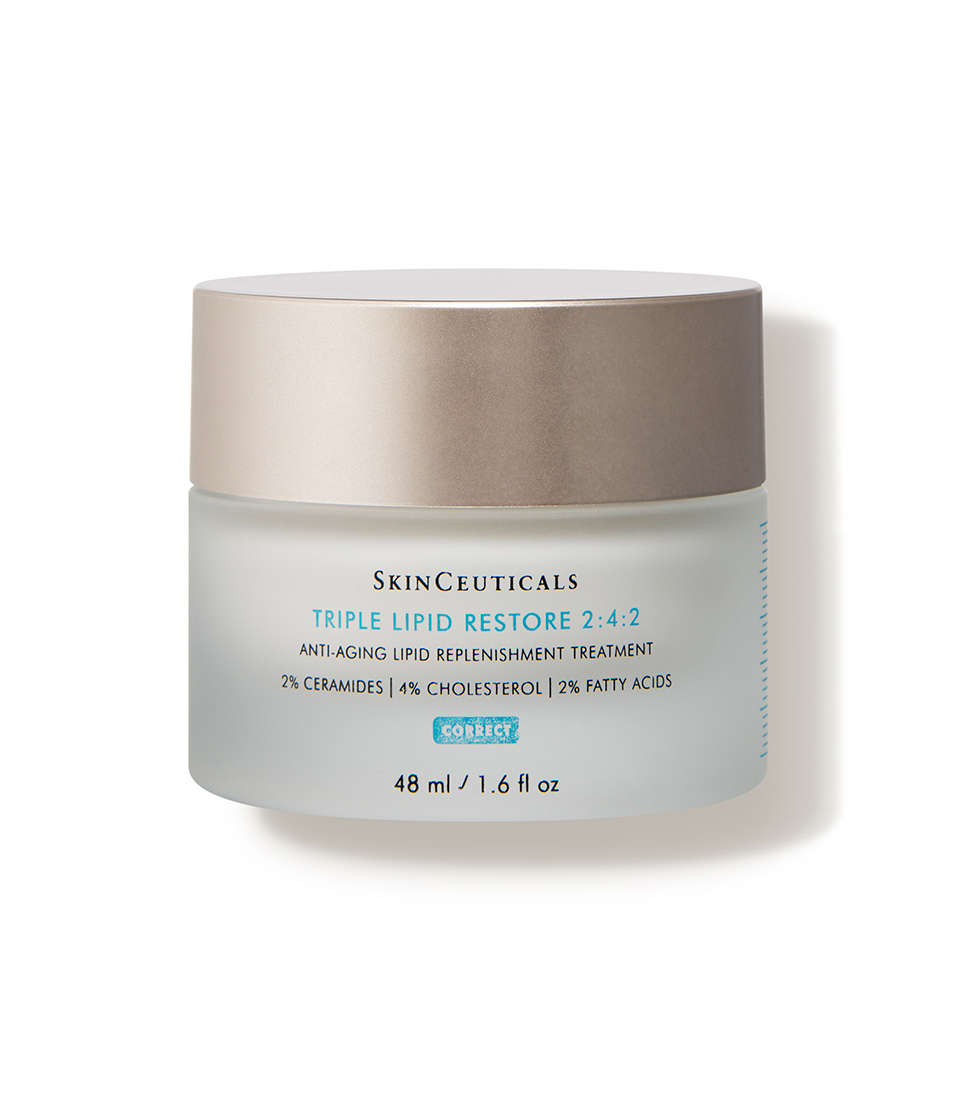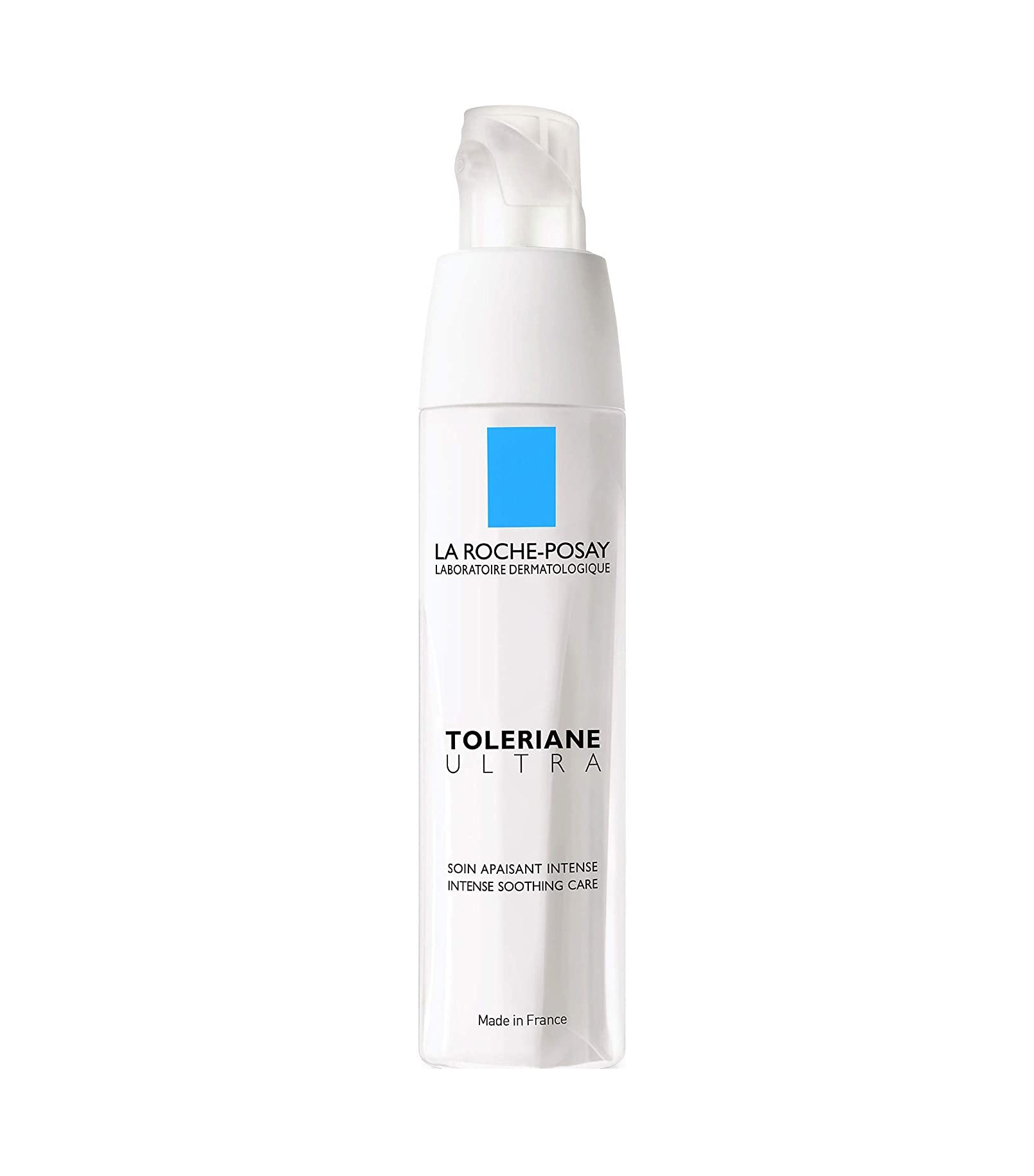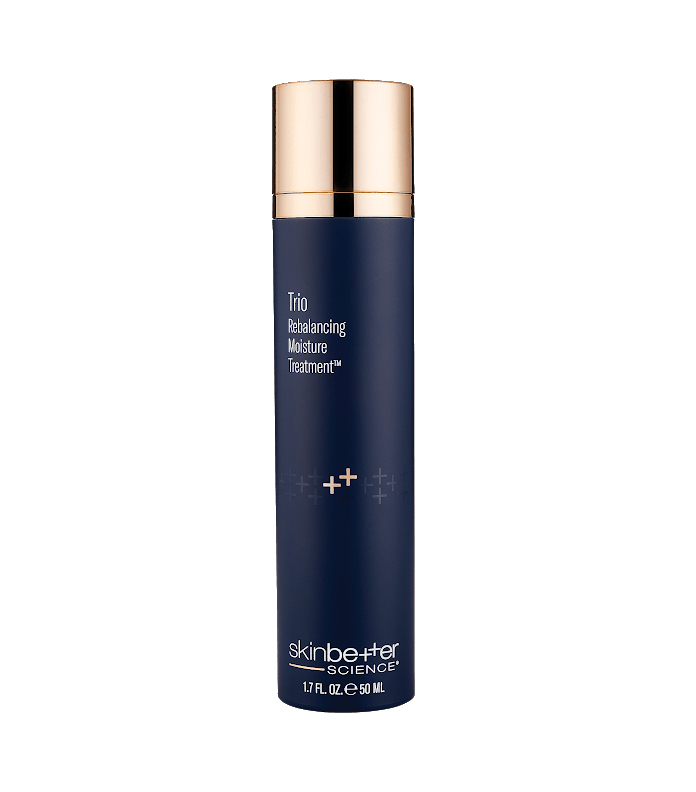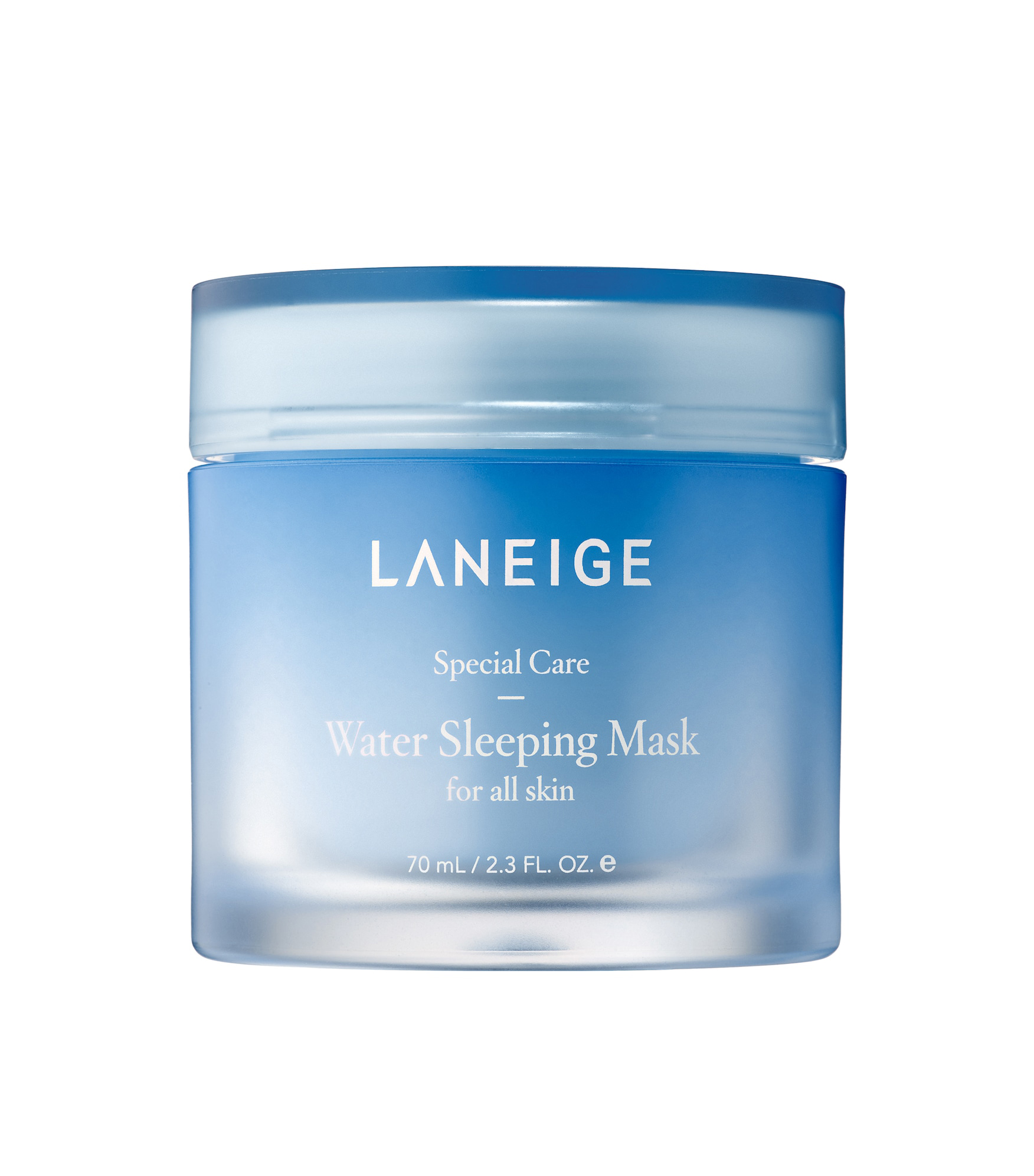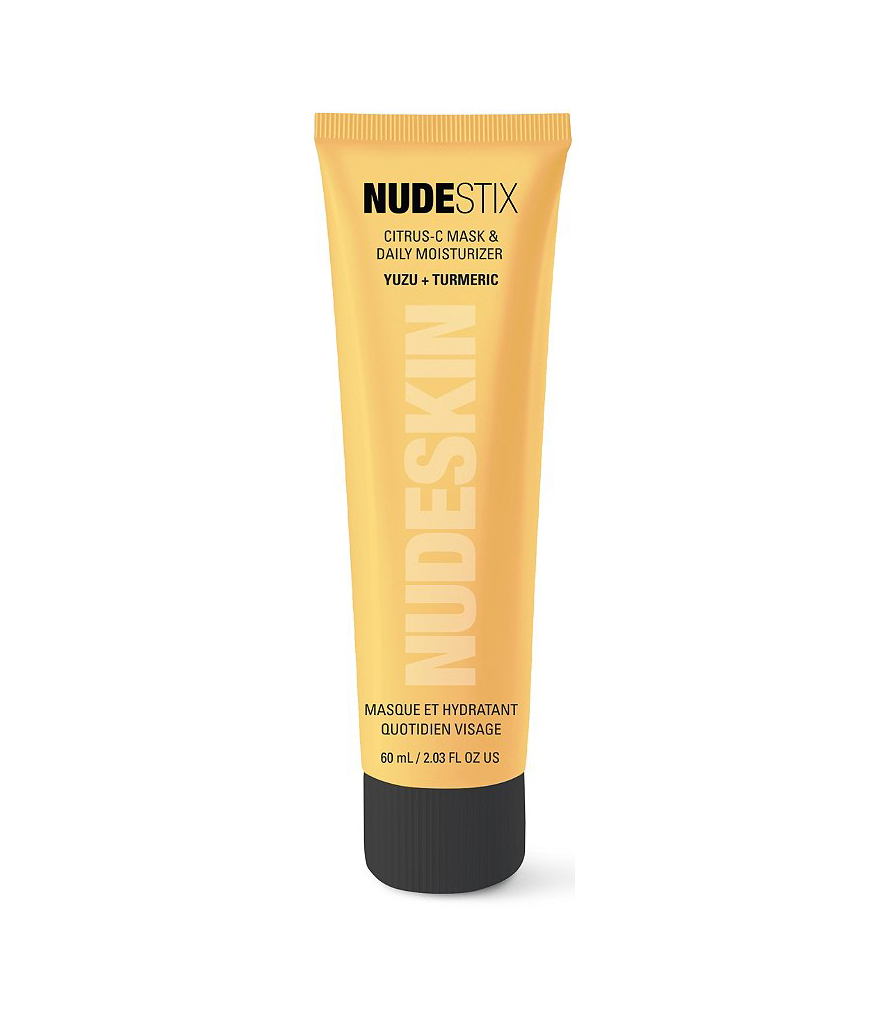This Is It: The Only Skincare Products You Need for Dry Skin
Those will dry skin types are probably aware of the basics when it comes to skincare. Number one, moisturizing is key. Secondly, keeping your skin hydrated and avoiding any products that will dry out or irritate the skin is a must for keeping it healthy, plump, and happy. And third, avoid long, hot showers or baths because they could strip your skin's natural oils and leave it dried out.
"People with dry skin have special needs that require special skincare," explains Corey L. Hartman, MD, FAAD, a board-certified dermatologist and founder of Skin Wellness Dermatology. "Lack of oil glands contribute to a dehydrated skin environment that is more prone to wrinkling and easily irritated. A dry skincare regimen should encourage increased water content and a skin barrier fortified with protective emollients."
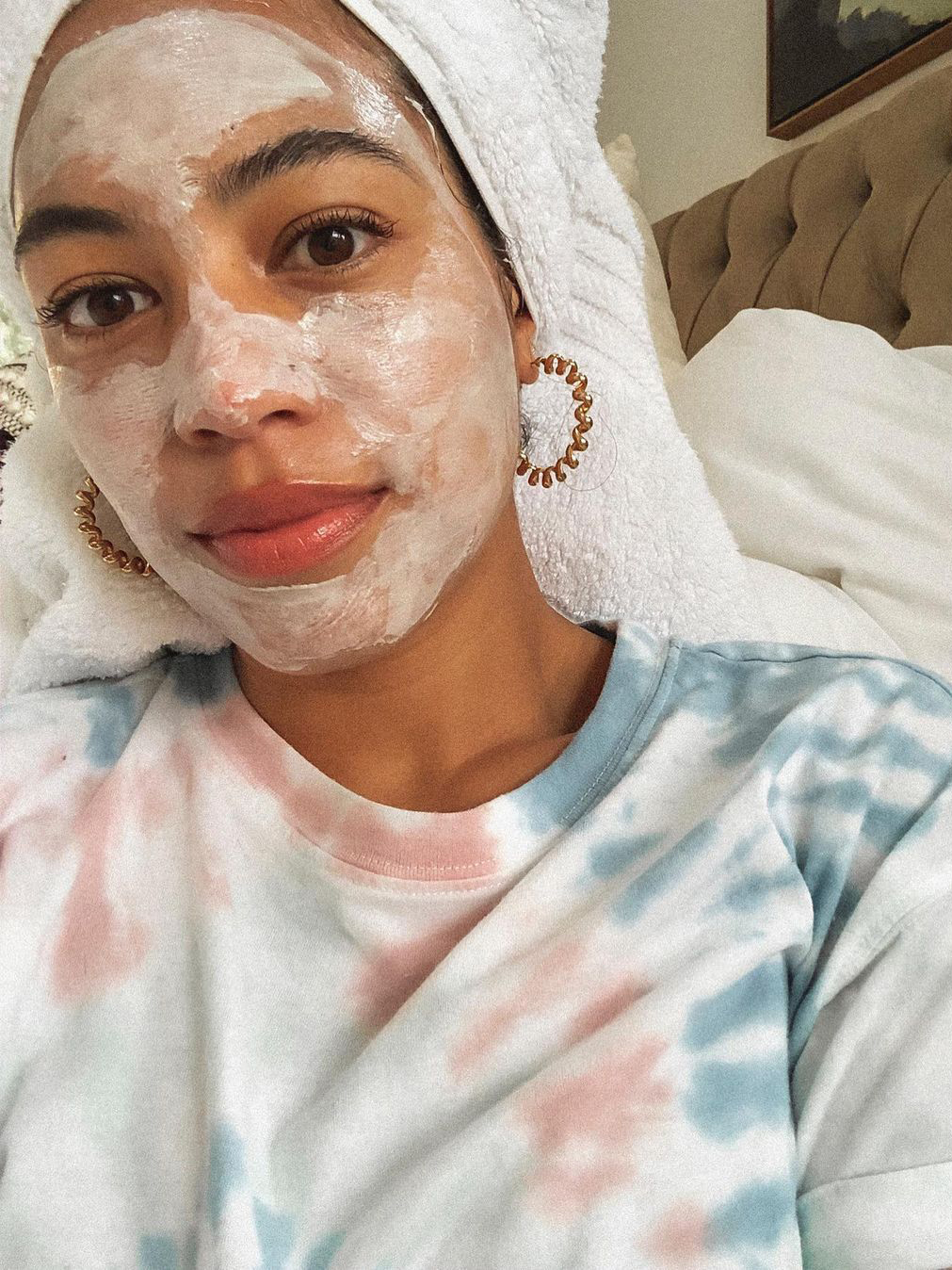
When it comes to products, Hartman recommends four: a gentle cleanser free of harsh detergents; hydrators like hyaluronic acid and glycerin to help drive hydration into the skin; a serum to treat irritation and redness; and a moisturizer to seal it all in.
And remember, moisturizing should be an everyday thing. Dermatology advisor for Rory and founder of Liora Dermatology & Aesthetics, Libby Rhee, DO, recommends picking the right moisturizers for the right body parts and making it a habit. "If you are prone to dry skin, make sure you moisturize every day, not just when your skin is dry," she says. "Strengthening the integrity of your skin barrier over time by moisturizing regularly will help you maintain its own natural moisture and balance so that it doesn't dry out so easily. Whenever possible, try to choose moisturizers that have 'skin identical' ingredients as they are likely to restore your natural skin barrier function as efficiently as possible."
Skincare Ingredients to Look For
When shopping for skincare products, those with dry skin types will benefit from specific ingredients. Rhee recommends keeping an eye out for ingredients that will help retain moisture (humectants), that will restore your skin barrier, and that will lock the moisture in. Some examples of humectants include hyaluronic acid, glycerin/glycerol, sorbitol, and propylene glycol. Aloe vera also has humectant properties. Occlusives seal moisture in, and those include petrolatum or petroleum jelly.
Ceramides are another important ingredient, as they are an integral component of the outermost layer of the skin, the stratum corneum. "They are naturally occurring fats, also known as lipids, that comprise the essential lipid bilayer structure of our skin," explains Rhee. "It's this specialized lipid structure that allows our skin to be supple, soft, and effectively provide a barrier from would-be irritants. Perpetually dry skin often has an imbalance or deficiency of ceramides. Look for ingredients labeled as simply ceramide (ceramide 1, 2, 3, 6, II, AP, EOS, EOP, NG, NP, or NS) or ceramide precursors (phytosphingosine and sphingosine). Other names to look for are N-stearoyl sphinganine, N-stearoyl phytosphingosine, α-hydroxy-N-stearoylphytosphingosine, Caproyl sphingosine, Cetyl-PG-Hydroxyethyl Palmitamide, and Hexadecanamide."
Skincare Ingredients to Avoid
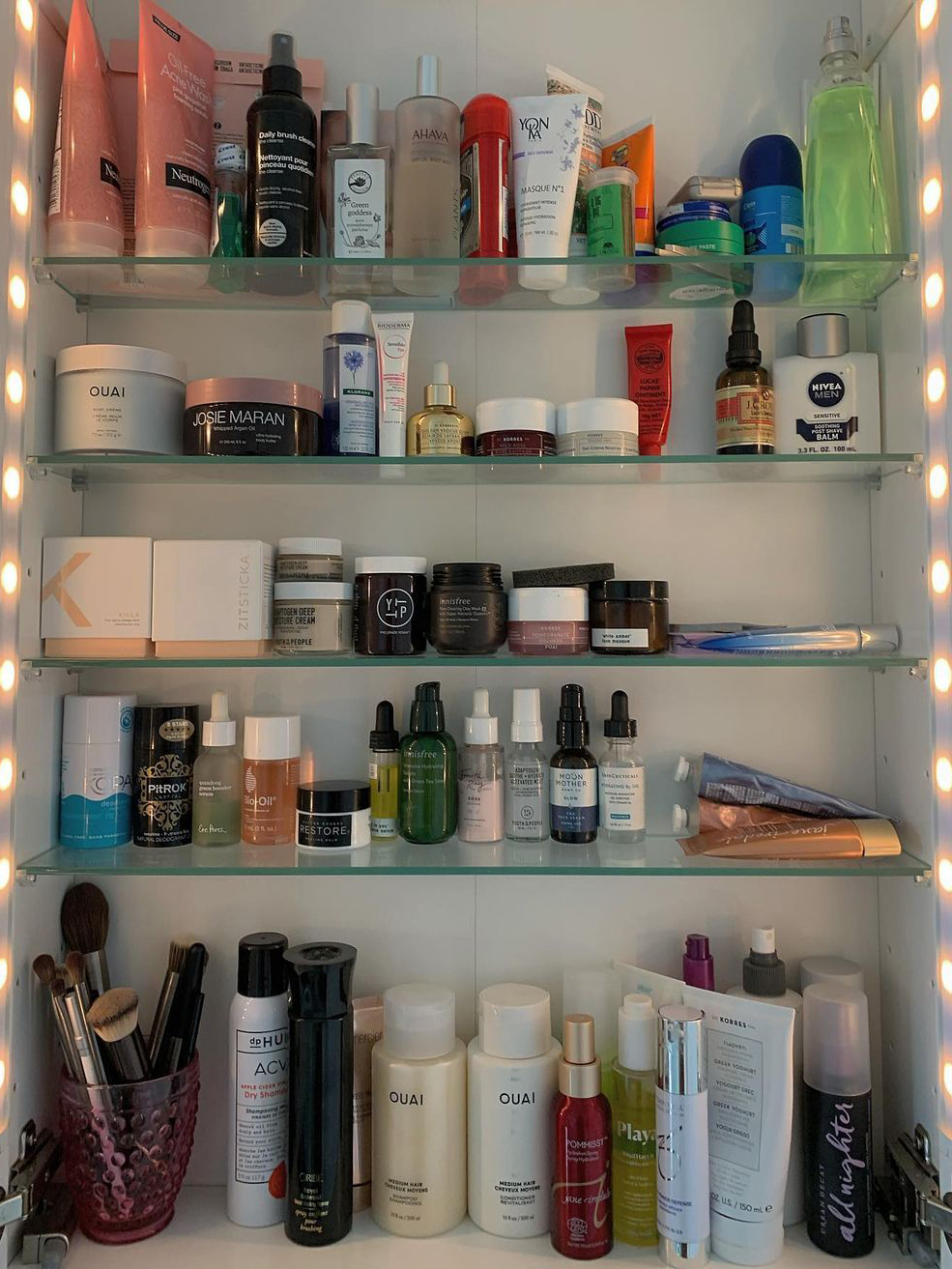
As for ingredients to avoid, you'll want to keep away from anything irritating, harsh, or something that will strip the skin or aggravate the skin barrier. "Stay away from most acids—salicylic acid and glycolic acid, in particular, benzoyl peroxide, and over-the-counter retinols in any form when your skin is dry," Rhee says. "These ingredients can further dehydrate your skin leaving it even more chapped, raw, and sensitive."
Toners, retinols, and exfoliators can dry out or irritate the skin, so you'll want to be careful with those products. "Gentle exfoliators can actually be a win for those with dry skin as it can remove the top layer of skin, the stratum corneum, to allow better penetration of moisturizing agents," explains board-certified dermatologist Roberta Del Campo, MD. "The key is to only exfoliate one to two times per week and use either a gentle mechanical exfoliation (small, fine granules versus course granules) or a very gentle chemical exfoliation (lactic acid versus a more drying agent such as salicylic acid)."
Best Products for Dry Skin
Cleansers
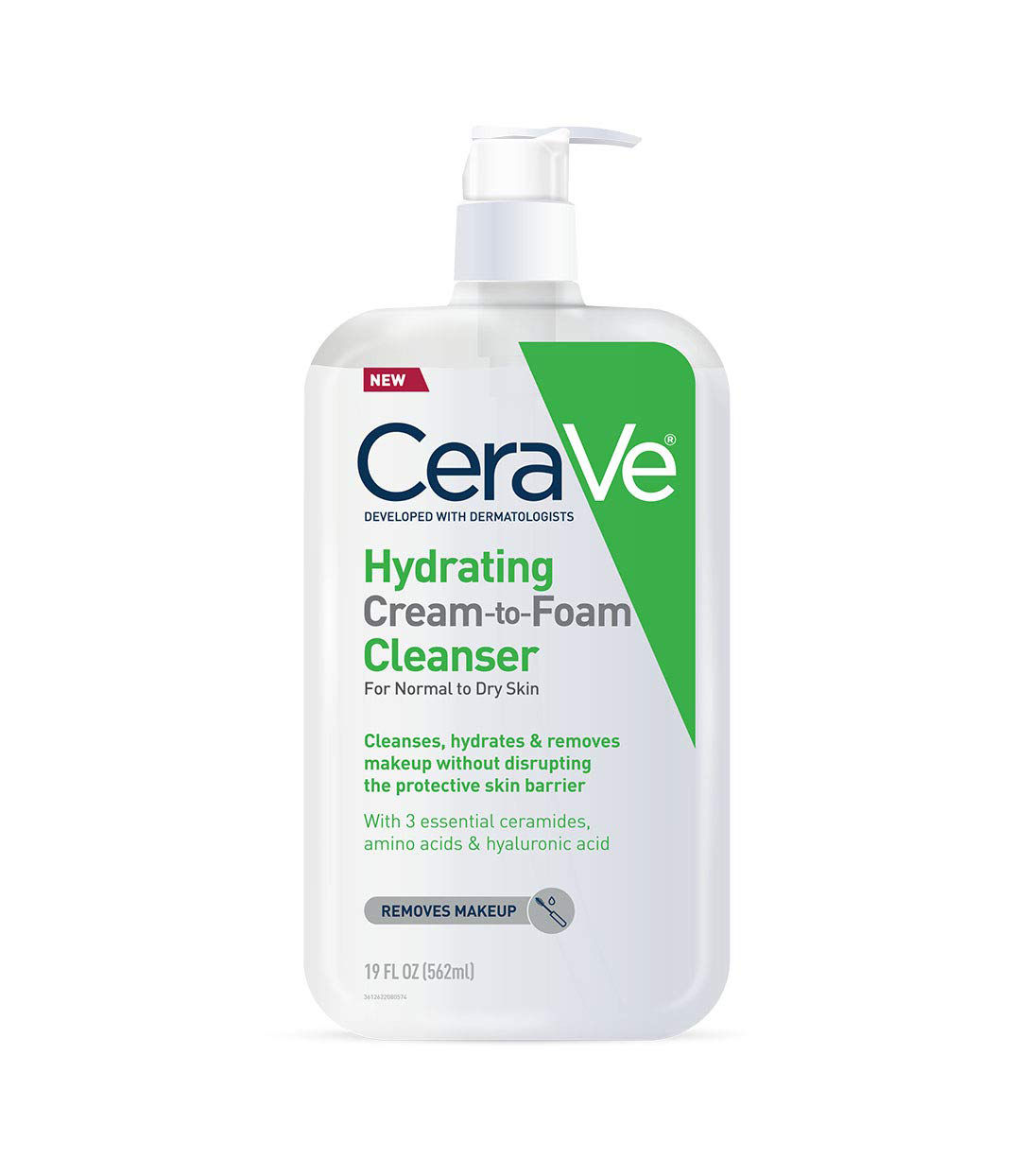
This is one of Rhee's favorite cleansers, and it's formulated especially for normal-to-dry skin. It removes dirt, oil, and makeup without messing with the skin barrier. Plus it contains ceramides, amino acids, and hyaluronic acid to attract and lock in moisture.
Serums
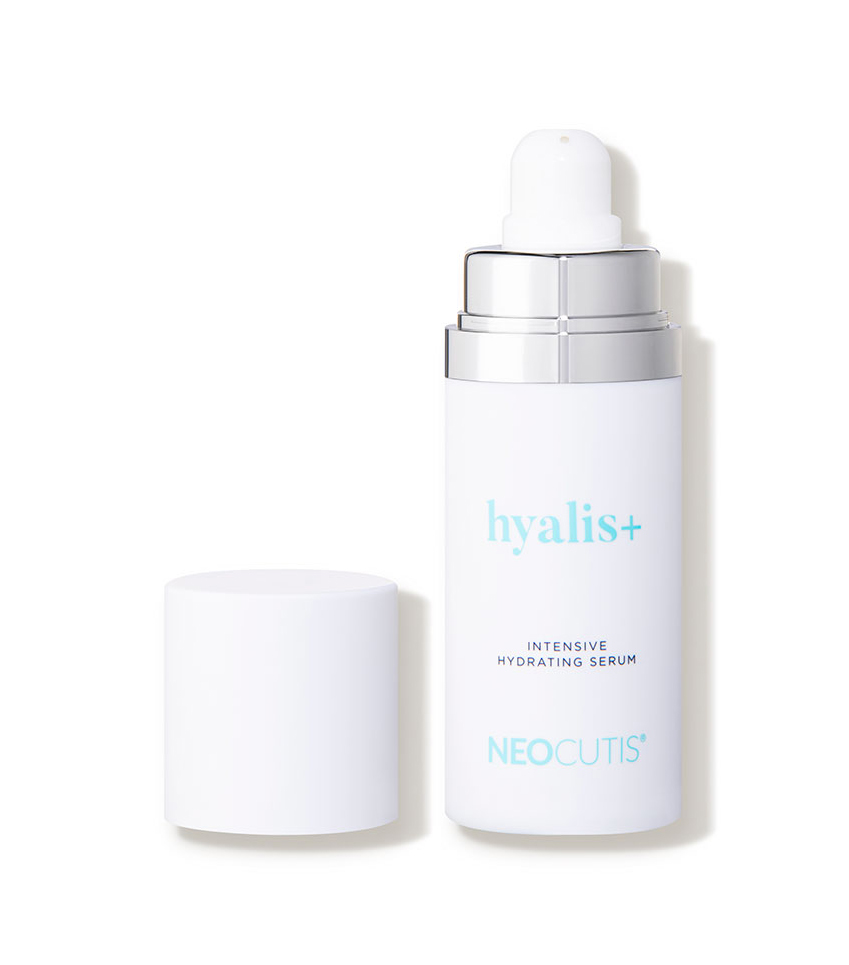
"I am a big fan of Neocutis Hyalis+, as this is a unique hyaluronic acid serum that is crosslinked to improve longevity," Del Campo says. "It is also extremely purified meaning it's a very concentrated product and is great to layer with other products to maximize its moisturizing ability."
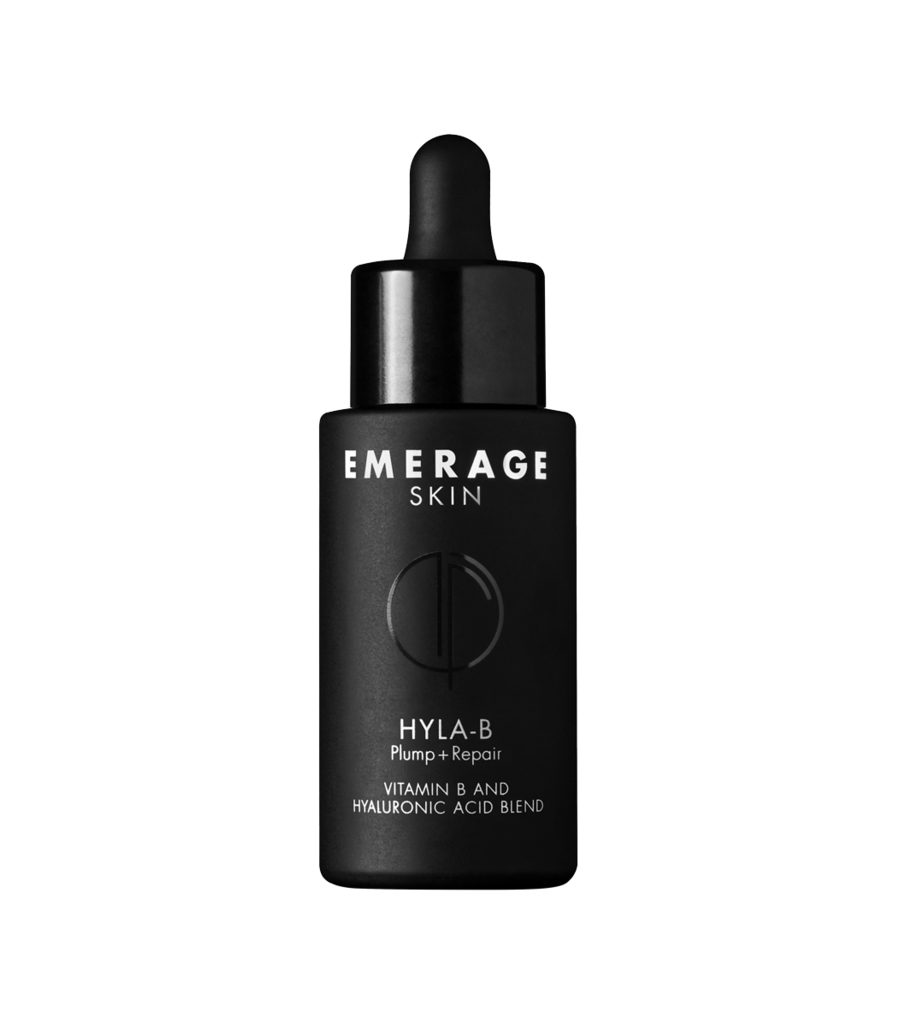
Board-certified dermatologist Jason Emer, MD, FAAD, recommends this hyaluronic acid serum from his skincare line for hydration, barrier protection, and plumping. It's great for anyone who struggles with tired or dry skin.
Moisturizers
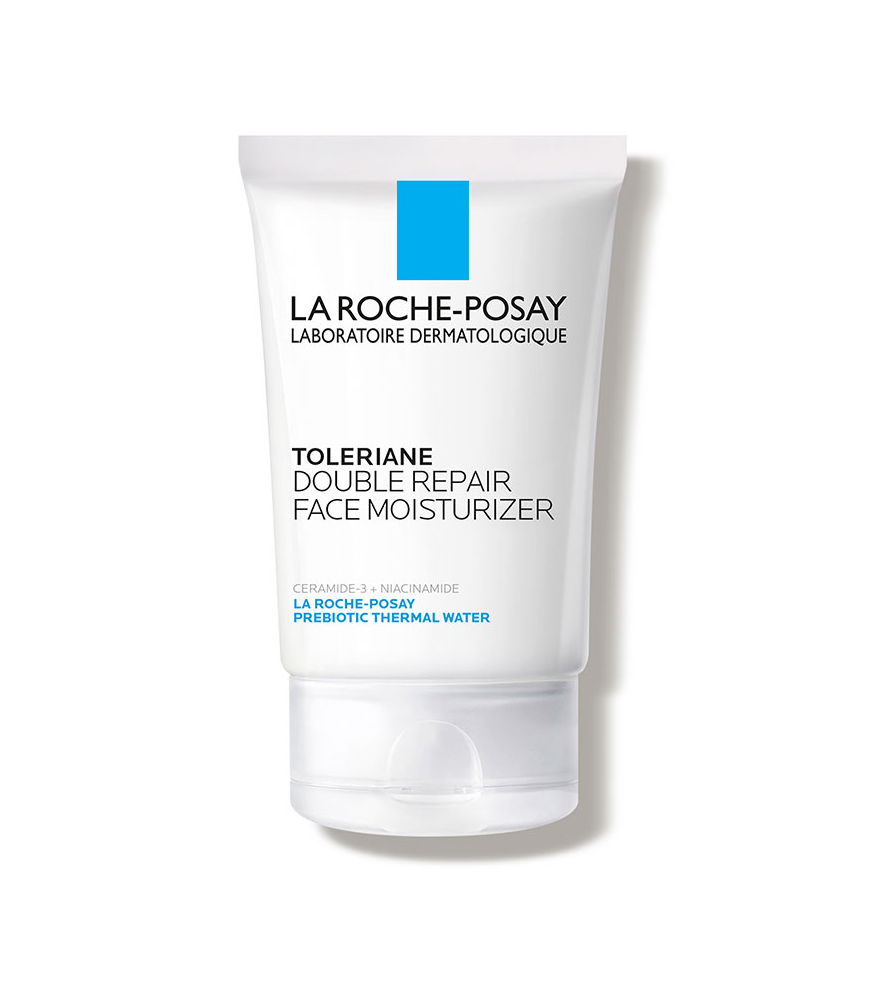
"This moisturizer, with its prebiotic water-based formula, restores moisture to the skin while also repairing the skin barrier so it doesn't dehydrate so easily in the future," Rhee says. "Even though it packs a heavy punch in terms of its effectiveness, it's still lightweight and noncomedogenic."
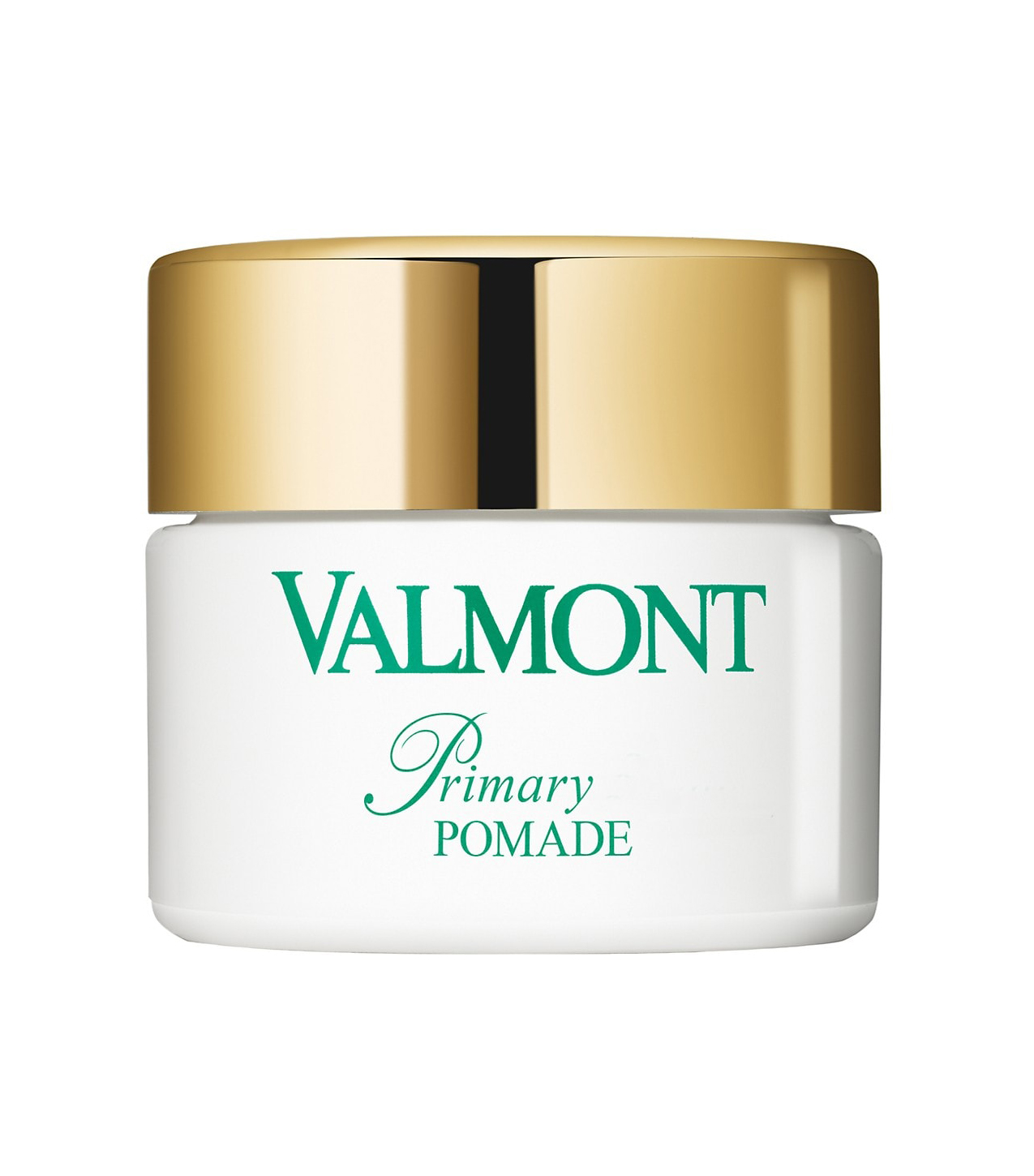
"This is on the pricier side, but it is pure luxury, and out of any product I've ever tried, it truly has repaired my skin when it's at its driest. My patients are obsessed as well," Del Campo says. "It contains a proprietary blend of prebiotics and probiotics to balance the skin's barrier as well as a lipid complex to hydrate and heal."
Masks and Ointments
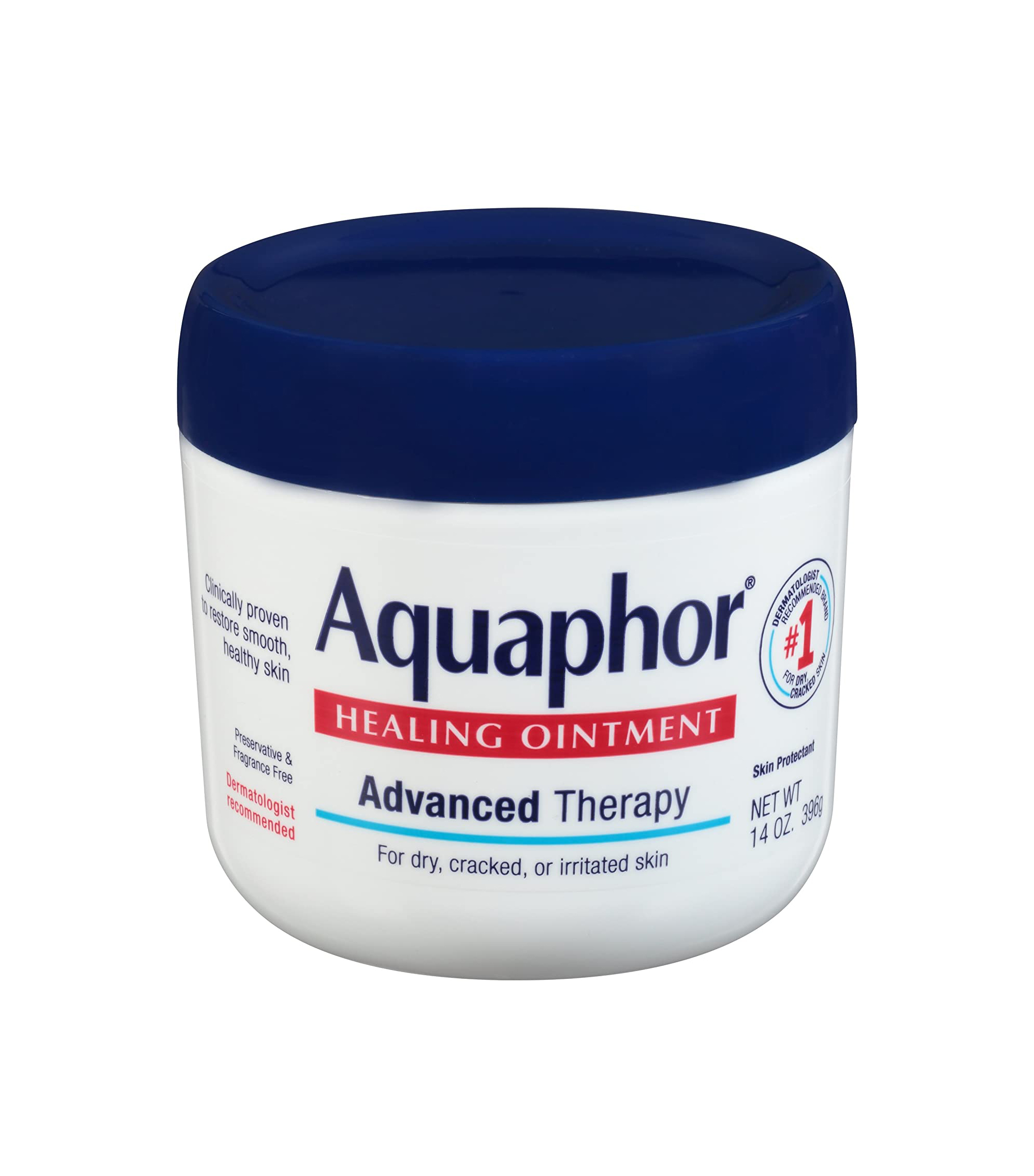
This ointment seals in moisture, which is especially soothing for dry, cracked skin. Rhee says it glides on nicely and doesn't lead to breakouts.
Next: The Best Drugstore Buys From a Pharmacist Who Looks 10 Years Younger Than She Is
Sarah is lifestyle writer and editor with over 10 years of experience covering health and wellness, interior design, food, beauty, and tech. Born and raised in Los Angeles, she attended New York University and lived in New York for 12 years before returning to L.A. in 2019. In addition to her work at Who What Wear, she held editor roles at Apartment Therapy, Real Simple, House Beautiful, Elle Decor, and The Bump (sister site of The Knot). She has a passion for health and wellness, but she especially loves writing about mental health. Her self-care routine consists of five things: a good workout, “me” time on the regular, an intriguing book/podcast/playlist to unwind after a long day, naps, and decorating her home.
